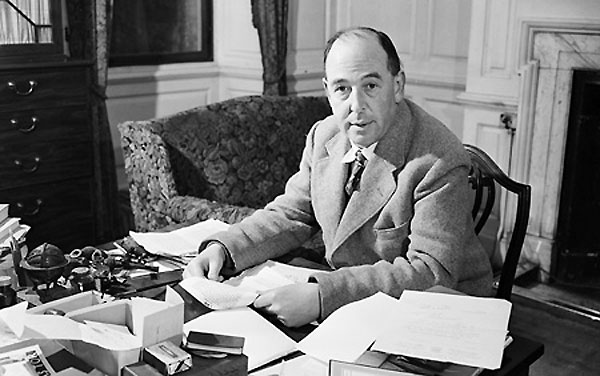When I became a Washington, D.C. newsroom intern, Twitter usage was mandatory (primarily so that we could help run the magazine’s Twitter account). I neither understood nor liked Twitter at the time—it seemed too public a space for me, home to vacuous opinion-sharing and little else. I used Twitter to share interesting articles and essays I read, and otherwise ignored it.
Five years later, that’s still the bulk of what I “do” on Twitter. But my opinion of the platform, and interactions on it, have both changed quite drastically. Before, Twitter seemed solipsistic and isolating (and indeed, still can be). But due largely to luck and some good journalistic friends, I’ve also discovered that Twitter is an incredible space for building “little platoons” within one’s intellectual, religious, and vocational community. I must admit that without the connections (and in some instances, friendships) I have forged on Twitter, I probably would not be able to freelance from home today. There’s a remarkable amount of camaraderie, kindness, and generosity among the folks I have met and conversed with on Twitter. Our online exchanges have often resulted in real-life interactions.
I’ve realized that Twitter—focused as it is on sharing passions and information—is actually one arena of modern society in which C.S. Lewis’s classic explanation of opening friendship can be fostered:
Friendship arises out of mere Companionship when two or more of the companions discover that they have in common some insight or interest or even taste which the others do not share and which, till that moment, each believed to be his own unique treasure (or burden). The typical expression of opening Friendship would be something like, ‘What? You too? I thought I was the only one.’ … It is when two such persons discover one another, when, whether with immense difficulties and semi-articulate fumblings or with what would seem to us amazing and elliptical speed, they share their vision—it is then that Friendship is born.
Through sharing stories and essays I care about, I have experienced a plethora of “What? You too?” moments on Twitter. Of course, when those interactions stay at this shallow level of common affinity, they mean little. But when those acquaintances continue to reach out—via shared stories and passions, real-time interactions at events and conferences, email conversations about pertinent issues and ideas, et cetera—they become something more. They become friendships, ones I would not and could not have (since I work from home with a toddler) otherwise.
Twitter should not become a replacement or a distraction from real presences. The time I spend on Twitter is still drastically limited: I’ll hop on to post stories or links when I have time, but sometimes I’ll go a week or more without checking it, depending on our life rhythms and needs. But insofar as Twitter has offered a forum for camaraderie and connection, a place to foster “little platoons” in the journalistic, theological, and intellectual space, it has surprised me with its ability to delight and encourage. There may be some redemptive aspects to the platform, after all.













I like the optimism and resourcefulness suggested by this piece, but/and would like to see a follow-up in a year or so, with further reflections on the use of Twitter.
Comments are closed.